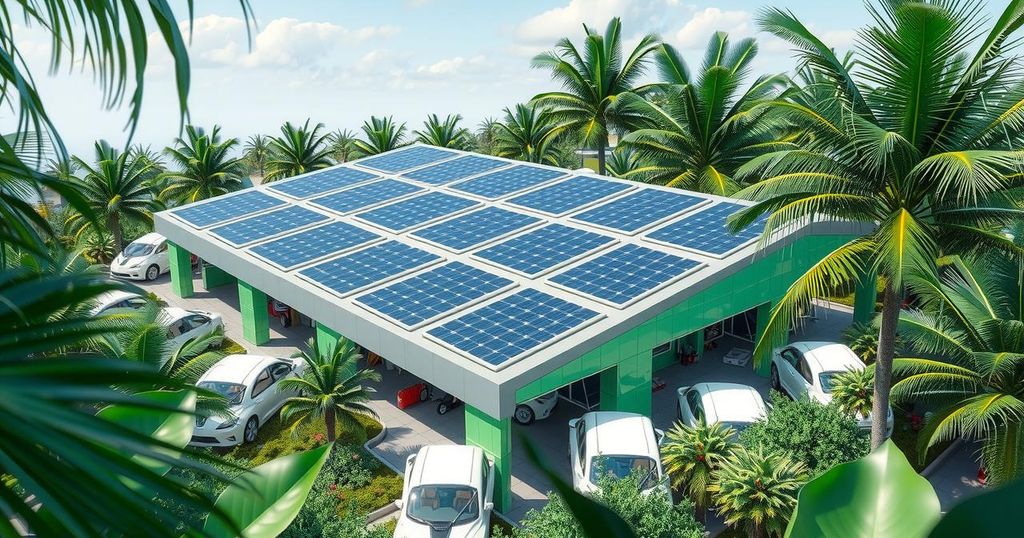BYD Begins Assembling Electric Vehicles at New Factory in Brazil
- BYD is launching EV assembly operations at a new factory in Brazil.
- The plant is aiming for 50,000 vehicle production by 2025 using imported kits.
- BYD has faced delays and criticism related to labor practices at the site.
- Regulatory approvals for the Bahia facility are still pending.
- Earlier this year, BYD shipped 22,000 vehicles from China to Brazil before tariffs took effect.
BYD Set to Assemble Electric Vehicles in Brazil
Chinese automaker BYD is set to commence the assembly of electric vehicles (EVs) in its new factory located in Bahia, Brazil. This initiative is part of a broader plan to ramp up production capabilities, aiming to manufacture approximately 50,000 vehicles by 2025. To achieve this, BYD will utilize imported kits designed to cut down on reliance on complete imports, especially as tariff rates continue to escalate. Although Alexandre Baldy, senior vice president for BYD Brazil, mentioned that regulatory approvals for the facility remain pending, the automotive company is optimistic about moving forward with its assembly plans.
Challenges Faced by BYD’s New Facility
The Bahia factory, notably located on the site of a former Ford plant acquired in 2023, has seen its share of delays and some public scrutiny. Local labor authorities have indicated that while the plant could start operations, it might not be fully functional until late 2026. Nevertheless, Baldy expressed confidence, suggesting that full-scale production should be achievable by July 2026. This assembly plan comes after the company imported around 22,000 finished vehicles this year alone, a move made prior to the introduction of stringent import taxes effective July 1.
BYD’s Long-Term Strategy Unfolds in Brazil
Looking into BYD’s larger Brazilian strategy, it is apparent that the assembly of EVs is just one part of a decade-encompassing strategy. Since 2014, BYD has invested significantly, with $400 million dedicated to establishing its initial battery manufacturing plant in Brazil. This move, supported by high-profile dignitaries like President Xi Jinping, laid the groundwork for BYD’s diverse activities across various sectors. Their inclusion of public transportation development expansively illustrates a holistic approach towards creating a zero-emissions energy ecosystem. This initiative has reportedly resulted in BYD commanding a dominant 80% of Brazil’s battery-electric vehicle market, with remarkable increases in vehicle sales observed year-on-year.
In summary, BYD’s upcoming assembly operations in Bahia, Brazil, reveal a significant commitment to local manufacturing amidst ongoing regulatory challenges and rising import tariffs. The company’s strategic approach, built over almost a decade, emphasizes its goal of reducing import reliance while expanding its market footprint. However, it must navigate labor controversies and evolving local industry interface to ensure its plans succeed in the competitive landscape of Brazil’s automotive sector.




Post Comment